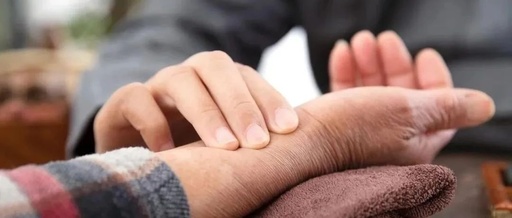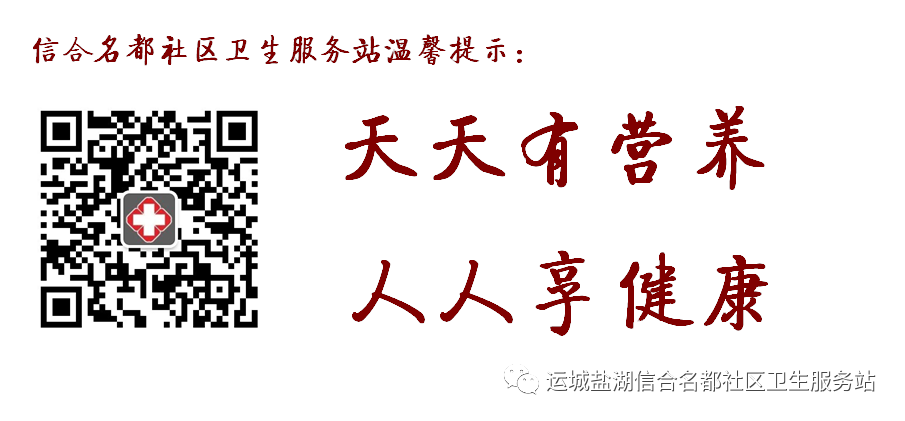
Spleen deficiency can lead to symptoms such as loose stools and indigestion, which over time can affect the body’s normal nutrient intake, resulting in malnutrition and decreased immunity, potentially leading to other diseases. How can we strengthen the spleen and eliminate dampness? Let’s explore this article together!
Long-term spleen deficiency may result in chronic bleeding symptoms, such as hematuria, melena, hematemesis, and subcutaneous bleeding, which can further exacerbate the deficiency of Qi and blood in the body.
Additionally, spleen deficiency can manifest as symptoms of Qi sinking, such as prolapse of the rectum or uterus. Prolonged spleen deficiency can also affect the function of other organs, leading to heart Qi and blood deficiency, which presents as palpitations, dizziness, insomnia, and forgetfulness.
Moreover, spleen deficiency can lead to insufficient transformation of food essence, resulting in symptoms of the three highs: hypertension, hyperglycemia, and hyperlipidemia.
As recorded in the Huangdi Neijing, “When there is excess, it must be seen; when there is deficiency, it must sink.”
Many excess and deficiency conditions in the body will manifest as concave or convex changes at acupuncture points. When the body is in a deficient state, the corresponding acupuncture points often exhibit concave signs, similar to how the ground sinks when there is insufficient underground water.
1. Zusanli (ST36): A Clear Indication of Spleen Deficiency
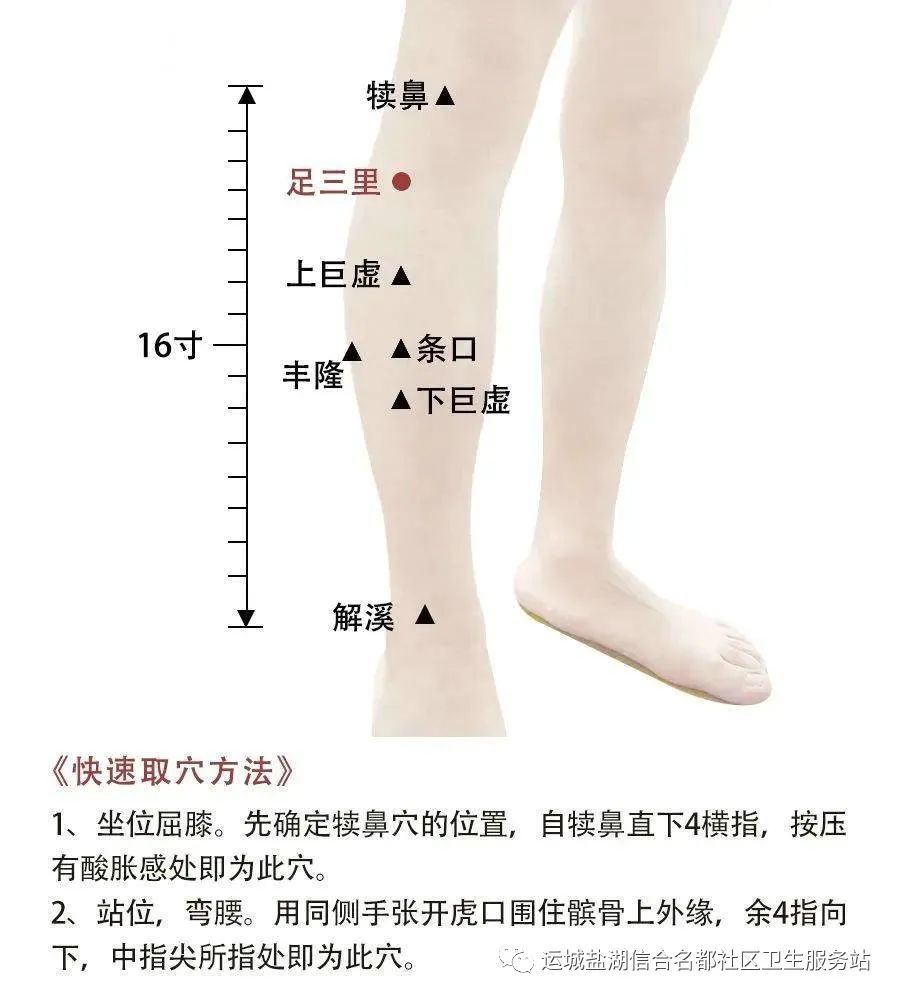
Zusanli is located three inches below the outer knee eye, approximately the width of four fingers, at the lateral side of the tibia.
Finding a depression at Zusanli usually indicates a problem with spleen Qi deficiency, often accompanied by symptoms such as abdominal distension, abdominal pain, indigestion, decreased appetite, diarrhea, and constipation.
Using moxibustion on Zusanli is the best way to regulate spleen deficiency, as it can strengthen the spleen and stomach, and nourish Qi and blood.
Moxibustion method: Use moxa sticks to gently moxibust both sides of Zusanli for 15 minutes each, every other day or daily, depending on the individual’s constitution.
2. Top Ten Chinese Patent Medicines for Strengthening the Spleen and Eliminating Dampness
1. Jianpi Wan (Spleen Strengthening Pill)
Jianpi Wan benefits Qi and strengthens the spleen, aids digestion, and nourishes blood to calm the spirit. Its main ingredients include Dang Shen (Codonopsis), Bai Zhu (White Atractylodes), Zhi Shi (Bitter Orange), and Shan Zha (Hawthorn).
It is effective for those with spleen and stomach weakness, often experiencing abdominal bloating, poor digestion, and unformed stools. For individuals with a white tongue coating and persistent bad breath, even after brushing their teeth, this indicates heavy dampness due to spleen deficiency, and Jianpi Wan can be used for adjustment.
However, it is not suitable for those with colds or fevers, and individuals with hypertension or diabetes should use it cautiously.
2. Shenling Baizhu San (Ginseng and Atractylodes Powder)
The formula of Shenling Baizhu San is based on the ancient Si Jun Zi Tang (Four Gentlemen Decoction) with the addition of Shan Yao (Chinese Yam), Yi Yi Ren (Job’s Tears), Bai Bian Dou (Lima Bean), and Sha Ren (Amomum Fruit), thus it not only tonifies the spleen and stomach but also benefits lung Qi.
It is effective for those with spleen and stomach weakness, who often experience poor appetite, fatigue, shortness of breath, and cough. For individuals who frequently have sticky, unformed stools and poor digestion, especially after consuming greasy foods, this indicates heavy dampness due to spleen deficiency, making Shenling Baizhu San suitable for adjustment.
Note that it is not suitable for patients with colds or fevers.
3. Liujunzi Wan (Six Gentlemen Pill)
The formula of Liujunzi Wan consists of Dang Shen, Chao Bai Zhu (Stir-fried White Atractylodes), Fu Ling (Poria), and Ban Xia (Pinellia). Both Chao Bai Zhu and Fu Ling are excellent herbs for eliminating dampness, while Dang Shen can tonify the spleen and benefit Qi, thus Liujunzi Wan has the effects of tonifying the spleen, benefiting Qi, and eliminating dampness and phlegm.
It is suitable for those with spleen and stomach weakness, small appetite, and excessive phlegm. It also has a certain therapeutic effect on chronic gastritis. Typically, it should be taken for at least half a month, with the specific dosage adjusted according to the condition.
It is recommended to take it half an hour before meals, but it is not suitable for pregnant women or those with dry mouth, red tongue, and dry stools.
4. Huo Xiang Zheng Qi Wan (Agastache Pill)
Most people only know that Huo Xiang Zheng Qi Wan can prevent heatstroke, but its main functions are to disperse cold, transform dampness, relieve summer heat, and clear heat to open the orifices.
Therefore, individuals experiencing chest tightness, dizziness, or suffering from wind-cold or summer-heat colds, gastrointestinal colds with symptoms such as fever, headache, diarrhea, and vomiting can take it.
It contains Huo Xiang (Agastache), Hou Po (Magnolia Bark), and Fu Ling, which can regulate the spleen and stomach, treat diarrhea and vomiting, and eliminate dampness.
Huo Xiang Zheng Qi Wan has minimal side effects and can be taken with cold medications or other heat-clearing medicines.
5. Ping Wei Wan (Stomach Comfort Pill)
Tong Ren Tang’s Ping Wei Wan has the effects of eliminating dampness, strengthening the spleen, and soothing the liver to relieve bloating. It contains Chao Cang Zhu (Stir-fried Atractylodes), Hou Po, and Chen Pi (Dried Tangerine Peel), which can both strengthen the spleen and transform dampness, making it very suitable for those with spleen and stomach discomfort, abdominal bloating, and loss of appetite.
Ping Wei Wan should be taken on an empty stomach, preferably half an hour before meals for optimal effect. Additionally, Chinese patent medicines generally take time to show effects; if you want to use Ping Wei Wan to eliminate dampness, the specific dosage and duration should be based on individual circumstances.
6. Gui Pi Wan (Restore the Spleen Pill)
Gui Pi Wan’s main effects are to strengthen the spleen, benefit Qi, nourish blood, and calm the spirit.
It is suitable for those with both heart and spleen deficiency, who are prone to palpitations, insomnia, shortness of breath, and loss of appetite. For modern individuals who often sit for long periods in front of computers, which can harm Qi and blood, Gui Pi Wan can be used for maintenance, but it is not suitable for those with diabetes, hypertension, or colds and fevers.
During medication, there may be mild side effects such as dry mouth and nasal dryness, but they are not significant. However, it should not be taken with cold medications.
7. Muxiang Shunqi Wan (Aucklandia Pill)
Muxiang Shunqi Wan’s main ingredients are Muxiang (Aucklandia), Sha Ren (Amomum), Hou Po, and Cang Zhu. Both Cang Zhu and Hou Po are warming and drying herbs that can improve spleen and stomach damp-heat.
Thus, Muxiang Shunqi Wan has the effects of promoting Qi, transforming dampness, and strengthening the spleen and stomach, and can be used to treat symptoms such as chest tightness, belching, abdominal bloating, nausea, and vomiting caused by spleen and stomach disharmony.
It can be purchased at regular pharmacies and is reasonably priced, around 20 yuan.
8. Fuzi Lizhong Wan (Aconite Pill)
Fuzi Lizhong Wan’s main effects are to warm the middle and strengthen the spleen, improving spleen and stomach deficiency-cold. It contains Bai Zhu, Dang Shen, Fuzi (Aconite), and Gan Jiang (Dried Ginger), suitable for those with cold hands and feet, spleen and stomach deficiency-cold, and abdominal pain, diarrhea, and vomiting after exposure to cold.
Take 8-10 pills each time, three times a day, with the duration based on individual conditions, generally showing significant effects within 1-2 weeks. The Gan Jiang and Fuzi in the formula are warming and may cause heat, but this can be alleviated by reducing the dosage, drinking more water, and consuming more fruits and vegetables.
9. Huangqi Jianzhong Wan (Astragalus Pill)
Huangqi Jianzhong Wan is mainly composed of Huangqi (Astragalus), Baishao (White Peony), and Rougui (Cinnamon), with the main effects of tonifying Qi, dispersing cold, and strengthening the spleen and stomach. It is suitable for those with spleen and stomach deficiency-cold, and symptoms of insufficient Qi leading to palpitations and shortness of breath.
However, it is contraindicated for pregnant women and patients with diabetes. Additionally, during medication, it is advisable to avoid spicy and greasy foods and not to consume other nourishing Chinese medicines simultaneously.
10. Bupi Yichang Wan (Spleen and Intestine Nourishing Pill)
Bupi Yichang Wan, as the name suggests, can both nourish the spleen and repair the gastrointestinal tract, with the main effects of strengthening the spleen and stomach, tonifying Qi, and solidifying the intestines to stop diarrhea.
It is commonly used to treat diarrhea caused by spleen deficiency, suitable for those with symptoms of diarrhea, abdominal pain, bloating, and borborygmus. For chronic colitis caused by spleen deficiency, Bupi Yichang Wan has a good therapeutic effect.
Generally, noticeable effects can be seen after taking it for two weeks, and the duration should be based on individual circumstances; if the condition has significantly improved, long-term use is unnecessary.
Conclusion: Regarding what Chinese patent medicines to take for spleen deficiency and heavy dampness, the ten types of Chinese patent medicines for strengthening the spleen and eliminating dampness have been introduced. I hope this is helpful to everyone. Although these medicines all have the effect of strengthening the spleen and eliminating dampness, in actual medication, it is still necessary to differentiate based on specific symptoms and adjust the treatment accordingly.
Additionally, individuals with spleen deficiency generally have heavy dampness, so please keep the following dietary therapy for strengthening the spleen and eliminating dampness in mind~
3. Dietary Therapy for Strengthening the Spleen and Eliminating Dampness
Dampness can be classified into cold and heat.
Individuals with cold dampness may have a white, greasy tongue coating, a bland taste in the mouth, and may feel cold more easily than others at the same room temperature, finding comfort in drinking hot water.
For those with cold dampness, methods such as tonifying the spleen and Qi, warming Yang, and eliminating dampness can be used, such as Shenling Baizhu San, Lizhong Tang, and Linggui Zhu Gan Tang. Foods or medicines that promote diuresis and eliminate dampness, such as carp, Fu Ling, Bian Dou, Yi Yi Ren, Bai Dou Kou, Sha Ren, and Chen Pi, can be consumed regularly. Eating small amounts of spicy and warming foods can also help disperse cold and eliminate dampness.
Prolonged dampness in the body can lead to stagnation and transformation into heat, resulting in damp-heat. Individuals with damp-heat may have a yellow, thick, greasy tongue coating, dry mouth, bitter taste, sticky stools, and yellow urine.
For those with damp-heat, the focus of treatment should be on Qingre Ren Tang, Ping Wei San, Lianpu Yin, Yinchenhao Tang, and Gegen Qinlian Tang. Additionally, consuming foods such as bitter melon, watermelon, tomatoes, cucumbers, mung beans, and lotus leaves can help clear heat and eliminate dampness.
Individuals with spleen deficiency should maintain a light diet, avoid oily and cold foods, ensure a variety of food types for rich nutrition, and eat regularly and on time.
Disclaimer: The articles and images we share are sourced from the internet, and the copyright belongs to the original authors and sources. This article is intended for educational sharing and dissemination of more health information, with no commercial purpose. If there are any issues regarding the content, copyright, or other matters, please contact the original author for immediate resolution.
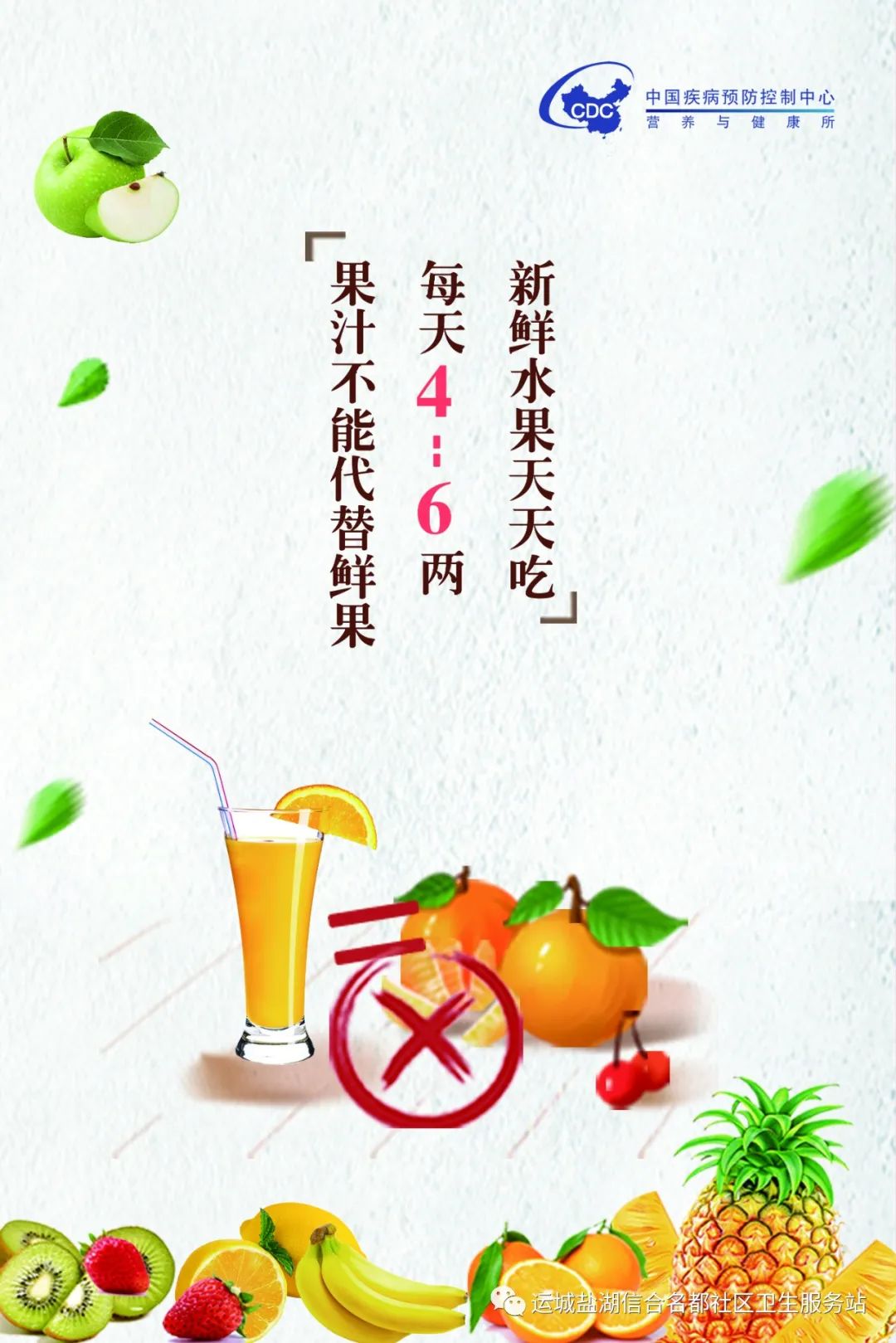
▼
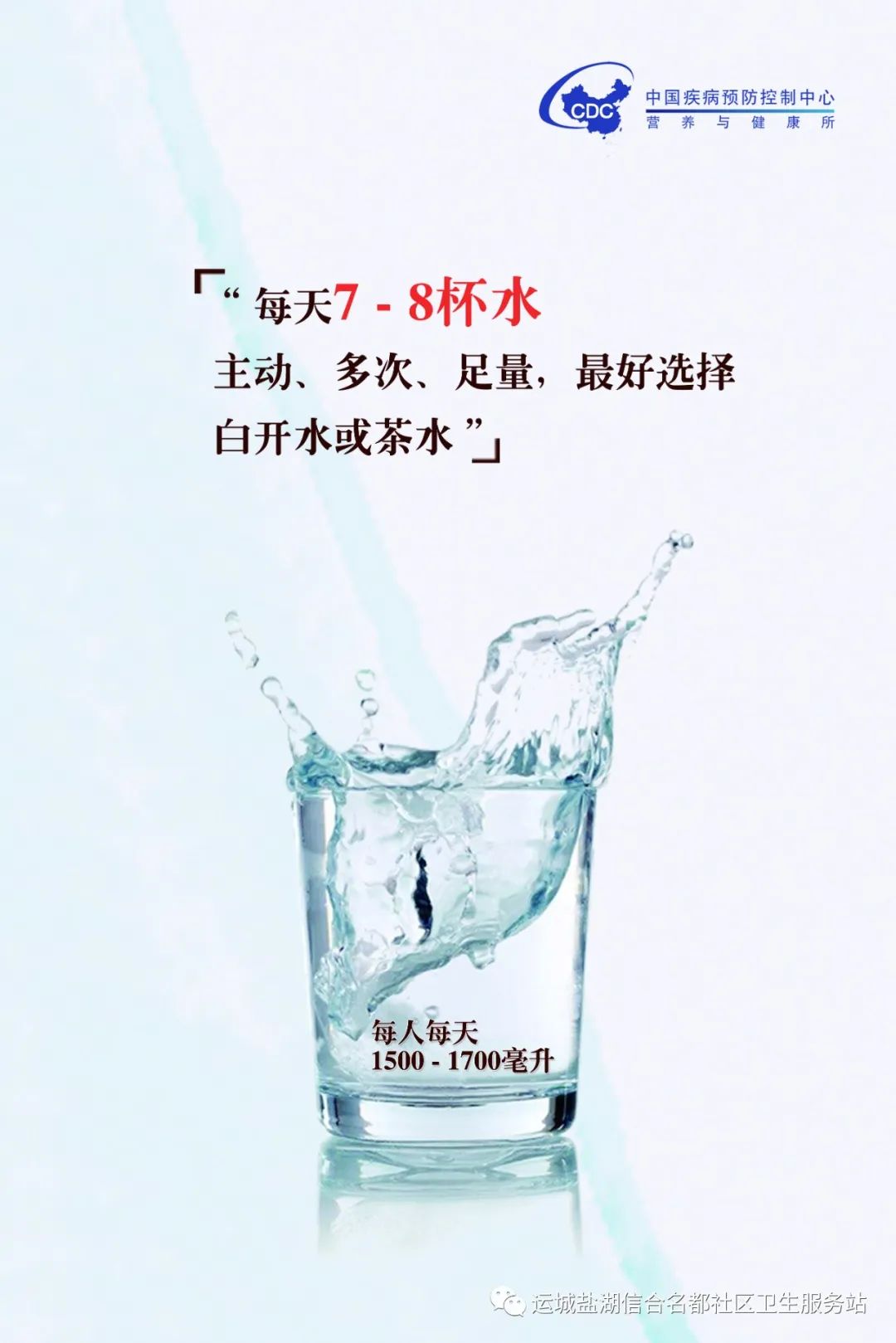
▼

